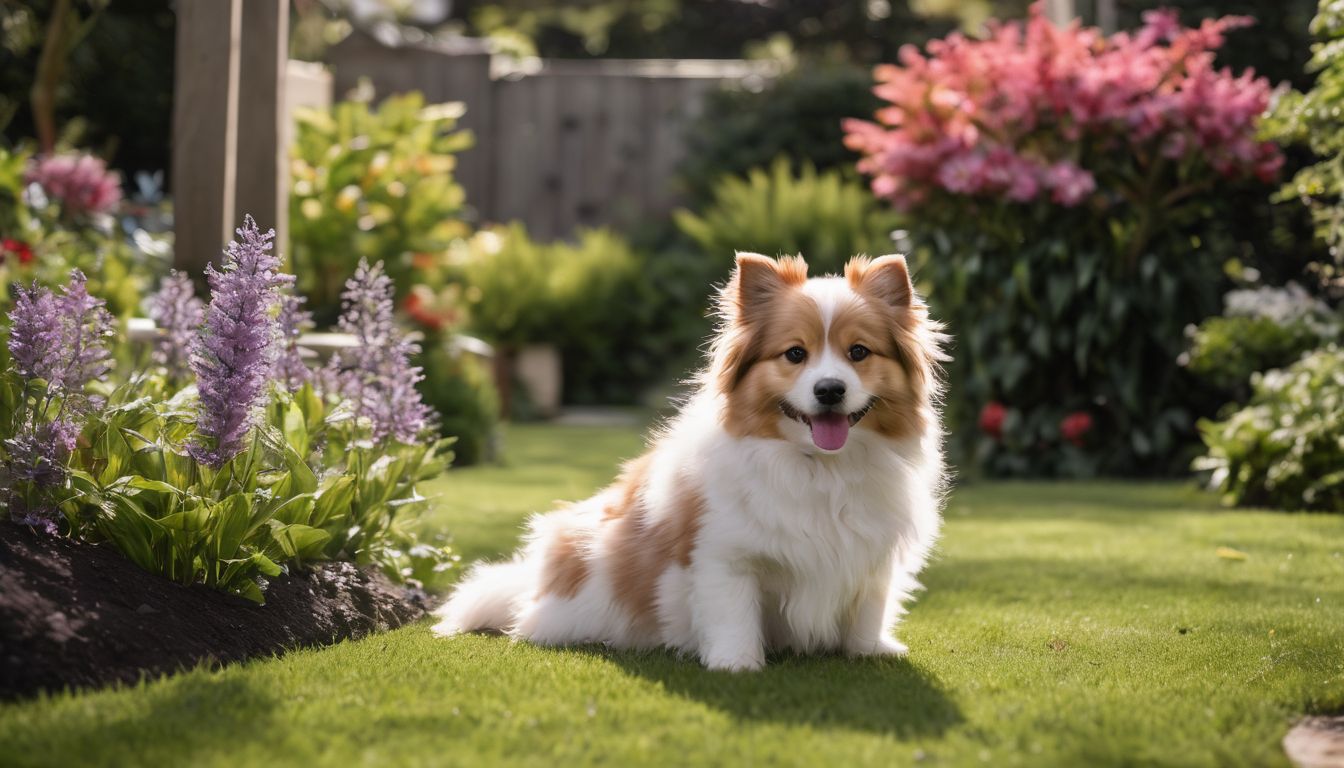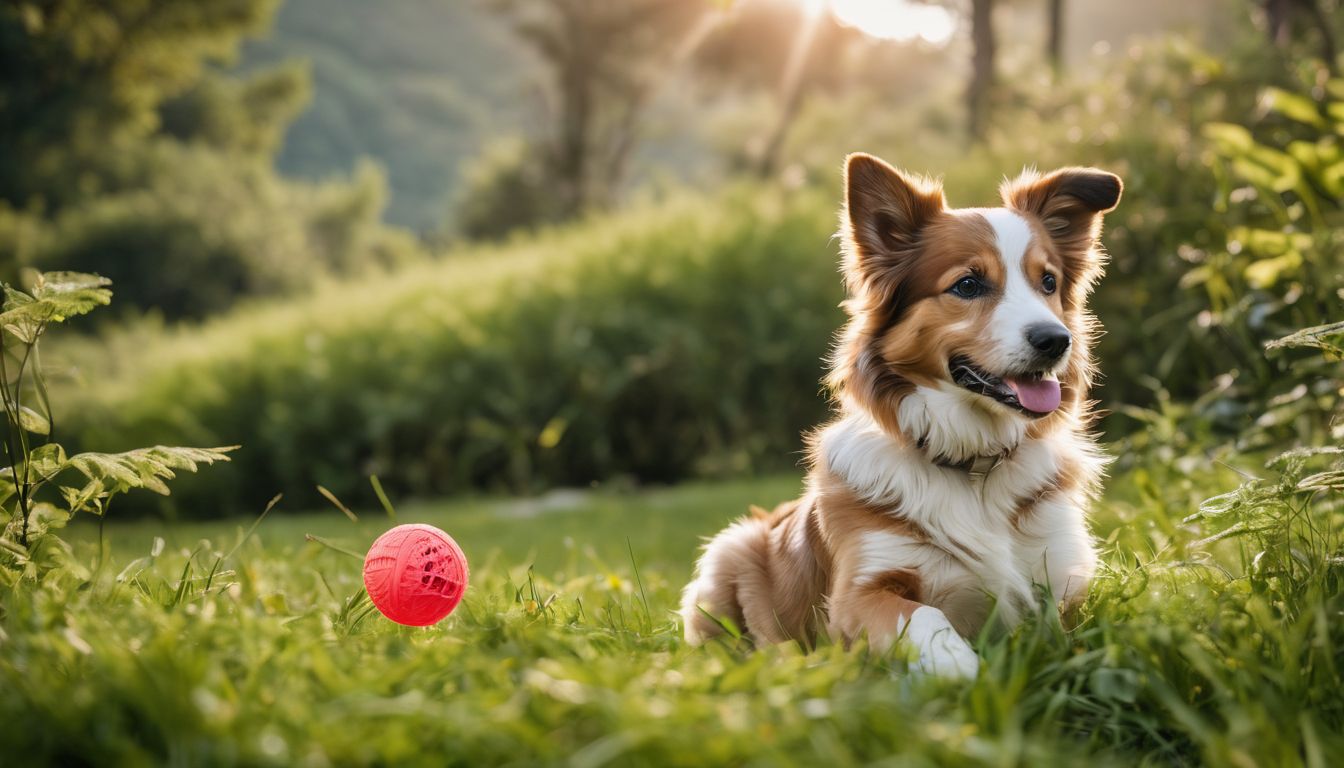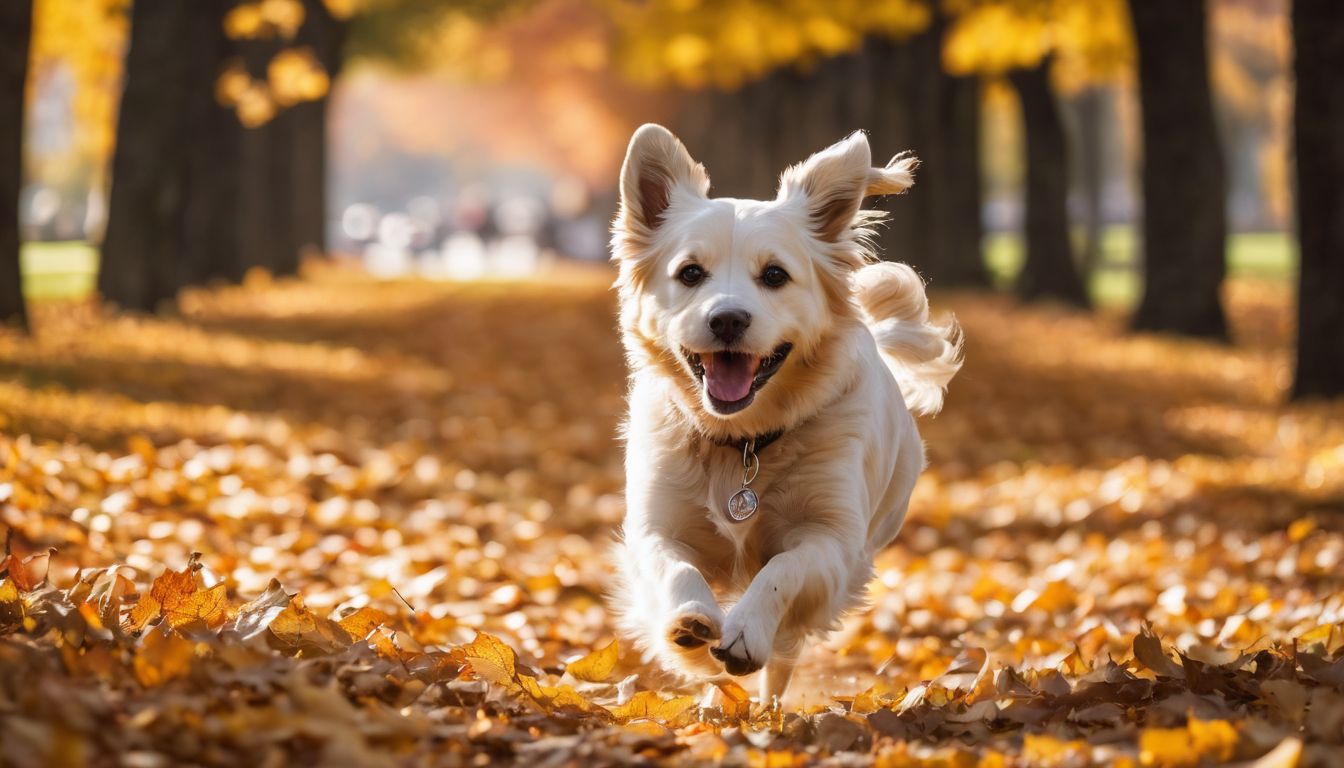Many people have switched their daily diets to include natural or organic products. This trend can translate to your furry friends as well! Feeding your pet a natural or organic diet has countless benefits but can tend to get expensive once you discover all of the delicious options available now at stores. A good solution to giving your pet a nutritious diet without burning through your bank account is making your own pet food. Read on to learn some new recipes for your favorite furry friend!
BENEFITS for the Environment: Purchasing organic foods ensures that harmful chemicals and pesticides do not leach into the natural environment. When you make your own food, you will also be cutting down on the manufacturing, packaging, and overall transport of store bought pet food. This helps to reduce the overall carbon footprint of each meal you provide for your pet.
BENEFITS for your Pet: By reducing the amount of pesticides, chemicals, additives, and preservatives found in conventional pet food, you are providing a more well-balanced and nutritious diet for your pet. A homemade diet is easier to digest and contains more vitamins and nutrients. This will strengthen their immune system, eliminating unwanted trips to the vet. Providing an organic diet will also give your pet stronger bones and teeth, shinier and softer coats, and a trimmer figure. And by making it at home, you will no longer have to worry about recalled products or have to read through all of the ingredients to make sure your pet is eating a well-rounded diet!
Cost: Cheap. You can also consume the majority of ingredients used to make pet food! Depending on what you eat at home, you may not even notice the added food cost for your pet.
Time and Effort: Moderate. If you do not cook, this may seem time consuming. Making homemade pet food takes time and dedication. After you learn some recipes, however, it may be more convenient than making an added trip to the store!
Ingredients: Most animals rely on a good amount of crude protein in their diets. Some options include beef, liver, chicken, mackerel, or tuna. The type of protein is really up to your and/or your pet’s preference. It is recommended that a dog’s diet must be comprised of about 50 to 60 percent meat, with the rest of the meal comprised of fresh vegetables, fruits and some dairy products, like cottage cheese. This formula can be used for cats as well. Grains are a good filler but they can be hard to digest and should be used in small amounts. You can also add flax seed, cod-liver, or fish oil in small amounts to any of the recipes. Omega-3s are good for their coat and skin. When shopping for ingredients, remember to look for organic or free-range products to ensure that your pet is getting the best selection!
You must be extremely cautious to avoid giving your pets certain foods!
For dogs, do NOT feed them: artificial sweeteners, especially xylitol, grapes and raisins, chocolate, cocoa mulch used in landscaping, fatty foods, nuts, onion, potatoes, turkey (linked to pancreatis), avocado, coffee, moldy or rancid food, salt, yeast dough, and garlic.
For Cats do Not feed them: grapes and raisins (kidney damage), baby food (may include onion powder), bones, canned tuna (not enough nutrition by itself), chocolate, coffee, tea, citrus oil, meat fat, large amounts of liver (no more than 5g/day), macadamia nuts, milk (use lactose free milk products), spoiled or rancid food, mushrooms, onions (in any form), garlic (in any form), persimmons, potato, tomato leaves, raw eggs, raw fish, salt, sugar, and yeast dough.
Recipes for Cats: (provided by http://www.nocans.com/)
CHICKEN AND PASTA STEW
• 2 packages ground chicken (Or turkey)
• 2-3 small carrots, cooked
• 2-3 cups macaroni (Cooked) • 2 tablespoons vegetable oil
Boil the macaroni until tender. Cook up the chicken in a frying pan. Mix everything together in food processor. Add the oil. Mix well.
FINICKY EATERS MEAL
• 1 cup chicken, boiled or microwaved
• 1/4 cup fresh broccoli, steamed
• 1/4 cup shredded carrots, steamed
• Chicken broth
Mix ingredients with enough chicken broth to hold together. This same recipe can be used with fish (broil or microwave until it flakes.) You can also vary the recipe by adding rice or other vegetables. Ensure the food has cooled sufficiently prior to serving to your cat.
KEDGEREE
• 1/3 cup white rice
• 1 tablespoon margarine or low-fat spread
• 3oz canned tuna or smoked mackerel, skinned and boned
• 1/2 hard-boiled egg, shelled and finely chopped
• Yolk of 1 egg
• 1/2 tablespoon pouring cream
Cook and drain the rice.
While the rice is cooking, gently fry the chopped tomato in the margarine until soft. Add the fish and the egg and continue cooking, stirring all the time with a wooden spoon.
Mix the rice, still over the heat, and stir everything seems steamy hot. Blend in the egg yolk, then the cream. After a last few stirs, tip onto a plate and allow cooling before serving to your cat.
Recipes for Dogs: (provided by http://planetgreen.discovery.com and http://dog-care.suite101.com/article.cfm/homemade_dog_food_recipes)
DOGGY HAMBURGER HELPER (provided by http://dog-care.suite101.com/article.cfm/homemade_dog_food_recipes)
• 1 cup hamburger meat, stir-fried in 1 tbsp canola oil
• 2 boiled eggs, chopped
• ½ cup cooked plain oatmeal
• 1 jar baby food green beans
• 1 jar baby food carrots
• 2 tablespoon cottage cheese
Combine all ingredients and serve at room temperature. A good doggy multivitamin/mineral supplement may be added for good measure. Be sure to store unused portions in a covered container in the refrigerator and discard any remains after 3 days.
DOGGY CASSEROLE (provided by http://dog-care.suite101.com/article.cfm/homemade_dog_food_recipes)
• 1 cup boiled poultry, chopped
• ½ cup cooked brown rice
• ½ cup boiled mixed vegetables
• 3 to 4 tablespoon unsalted chicken broth
(Note: Salmon may occasionally be substituted for boiled poultry, with chicken broth omitted.)
Stir together and serve at room temperature. A good doggy multivitamin/mineral supplement may be added for good measure. Be sure to store unused portions in a covered container in the refrigerator and discard remains after 3 days.
PEANUT BUTTER PUPPY BISCUITS (provided by http://planetgreen.discovery.com/food-health/make-your-own-dog-biscuits.html)
• 1 1/2 cup water
• 1/2 cup safflower oil
• 2 eggs
• 3 tablespoon peanut butter
• 2 teaspoon vanilla
• 1 1/2 cup whole-wheat flour
• 1 1/4 cup unbleached white flour
• 1/2 cup cornmeal
• 1/2 cup rolled oats
1. Mix water, oil, eggs, peanut butter, and vanilla with a wire whisk.
2. Add flours, cornmeal, and oats. Stir until mixed well.
3. Place dough on a floured work surface. Knead gently, adding more flour as necessary to form a pliable dough
4. Roll out to 1/2-3/4-inch thickness and cut shapes using cookie cutters. Repeat until all dough is used.
5. Place on an ungreased baking sheet. Bake 400°F, 20-25 minutes, depending on thickness of biscuits. Leave in oven 20 minutes, after turning oven off, to crisp. Store in an airtight container.
For additional recipes ideas, check outhttp://www.nocans.com/. Happy pet food cooking!




